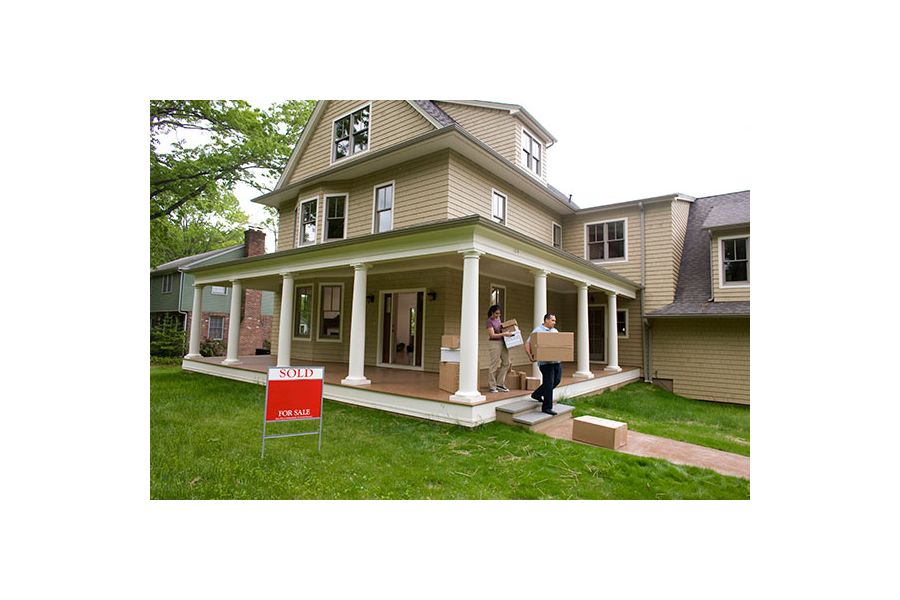Good Timing

Nobody wants to get saddled with paying two mortgages. That’s why people prefer to sell their current home before completing the purchase on a move-up property, the experts say.
But real estate transactions – like life – don’t always proceed smoothly and according to preferred timetables.
Decided to sell your current home to upgrade to a new one? Shopping around for the right residence is only one part of the process. You’ll also need to shop around for the right mortgage deal to finance that bigger, better house you’ve been dreaming about. To be ready, gather at least three years of tax returns plus several months of bank statements and pay stubs.
Also, check your credit report and make sure your FICO credit score is better than it was the last time you applied for a loan, Portland, Ore.-based broker Rob Levy says.
While you can always try financing your new mortgage with your current mortgage lender, it pays to compare loan offers from several different lenders and to compare total loan costs – including rates, points, fees and closing cost – carefully.
“Using the same mortgage representative or broker makes sense if you had a positive experience,” says Marietta, Ga.-based broker/attorney Bruce Ailion, Re/Max Town and Country – The Ailion Team. “When comparing the rates you are quoted, they should not vary more than an eighth of a percent.”
For a referral to a reputable mortgage broker or lender, ask your real estate agent, family, friends and other people you trust.
Lastly, “make sure you are pre-approved for a mortgage before you list [your current home for sale], which is different than getting pre-qualified,” says Ken Maes, northwest divisional vice president for Skyline Home Loans in Clackamas, Ore.
Keep in mind that many lenders require homeowners to sell their residence or make an offer contingent on its sale before purchasing another home, which makes matters fairly cut and dry for most sellers.
On the other hand, those who have the earning power and resources to qualify for two mortgages are afforded a lot more flexibility.
Consider that, in markets favorable to sellers, many sellers would select an offer from a party without any contingencies, rather than accept an offer in which they’ll have to wait for the buyer’s former residence to sell.
However, move-up buyers have some leverage for their own home sale.
They can make the sale of their house contingent on finding a home to purchase, and they can include a rent-back agreement in the contract that enables them to reside in their old house while they get ready to move. Renting briefly from a buyer not only grants extra time to find a new residence, it means the seller will not have to move twice (although lenders limit the rent-back term to no longer than 60 days).
How do you carefully time such a complicated dual transaction within a limited window of opportunity? Enlist the help of an experienced team of real estate professionals, including a savvy agent, trusted mortgage broker/lender, and a responsive property attorney, Maes says.
“Make sure you are pre-approved for your next mortgage before you list your home, look at move-up homes well ahead of time and not after you get an offer on your current home, and have everything ready to move,” Maes says. “Also, structure your closing date for as long away as possible to give yourself extra time.”
The best circumstance is to have simultaneous closings on your sale and purchase properties, which a good real estate agent should be able to facilitate, Ailion says. “You may also want to be prepared to lease your former home to avoid paying two mortgages.”
Dan Gjeldum, senior vice president of mortgage lending at Guaranteed Rate in Chicago, says a simultaneous closing involves structuring the contracts to occur on the same day, “which is typically set up as a morning sale and an afternoon purchase.”
Copyright © CTW Features